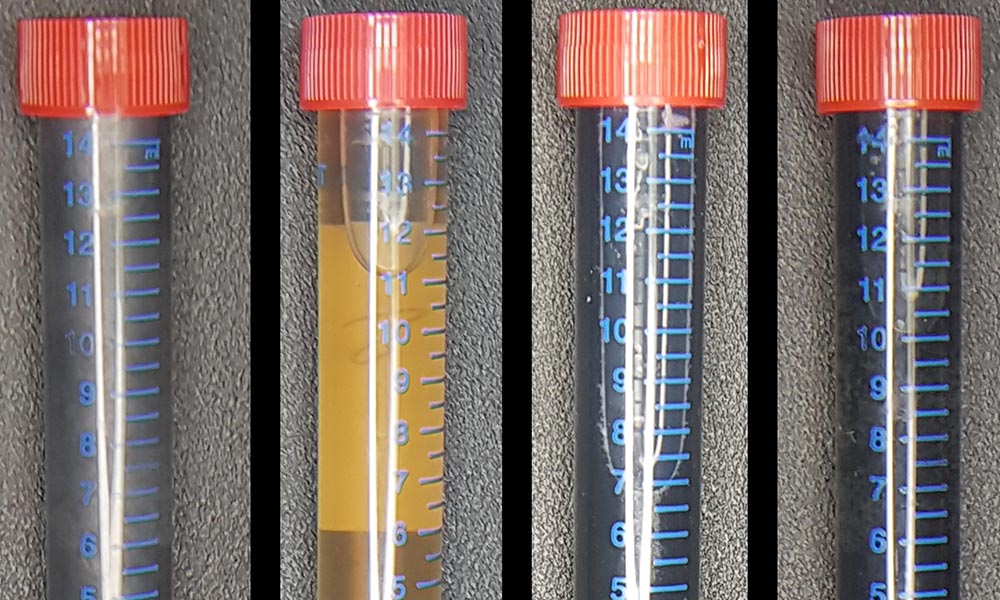
Will your future computer be made using bacteria?
Graphene is a revolutionary nanomaterial, the discovery of which led to a Nobel Prize. By mixing graphite with bacteria, Rochester scientists are making graphene easier and more environmentally friendly to produce, paving the way for future products and applications.
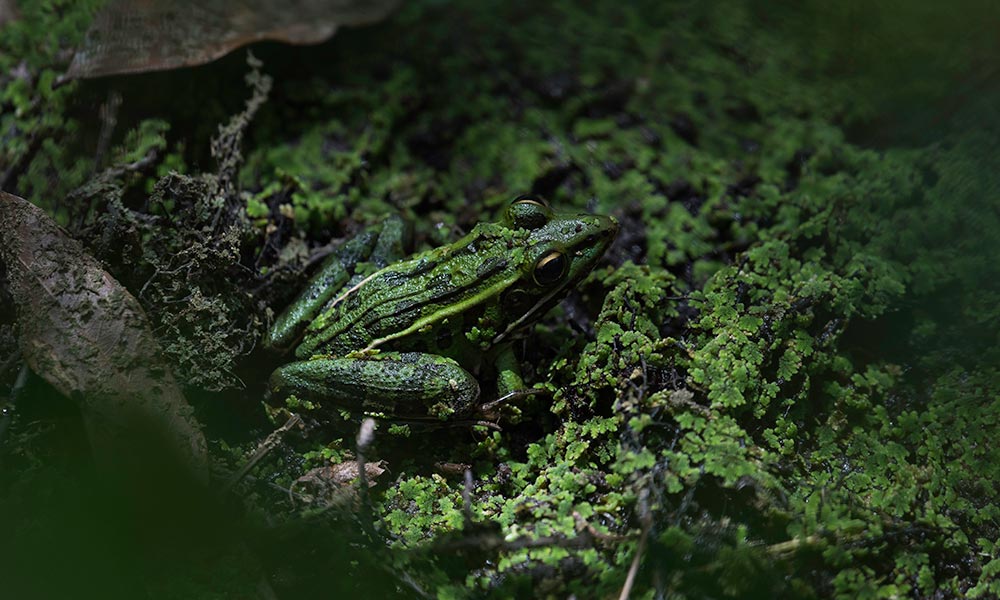
Why can we see moving objects against their backgrounds?
New research from Rochester scientists explores why human beings are good at discerning moving objects and how we can train our brains to be better at this as we age.

What can trigger violence in postcolonial Africa?
Why have civil wars and insurgencies occurred in Sudan and Uganda, but not Kenya? A new study finds the origins of ethnic violence in precolonial political organization.

Teenagers’ ability to describe negative emotions protects against depression
A Rochester study shows that teenagers who can describe their emotions in precise and nuanced ways—saying ‘I feel ashamed’ instead of simply saying ‘I feel bad’—are better protected against depression than their peers who can’t.

Finding order in the chaos of turbulence
A new set of conservation laws developed by Rochester researchers are unique to the turbulent flows within magnetic fields, and could help explain the evolution of stars and galaxies.
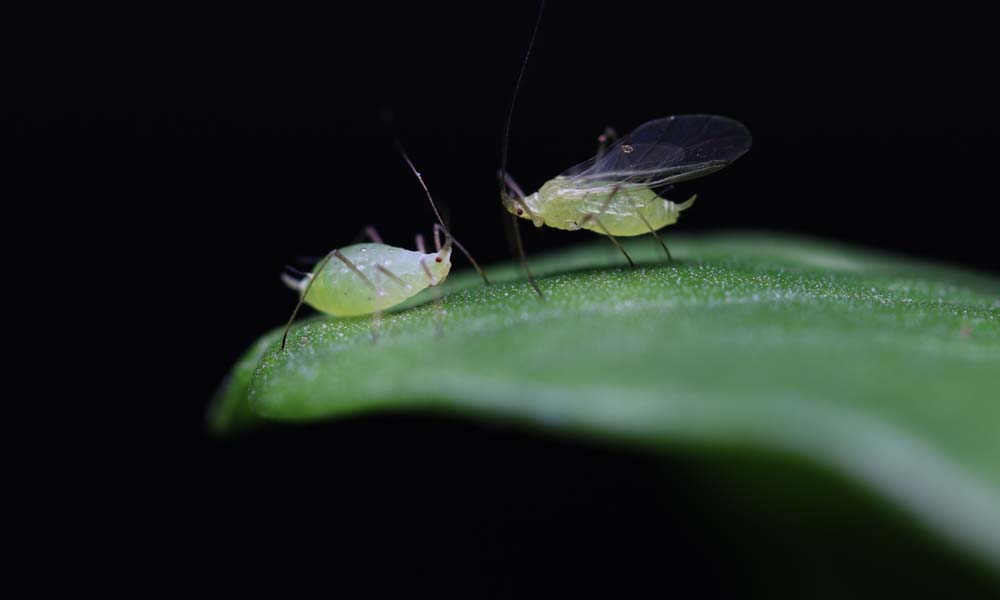
Virus genes help determine if pea aphids get their wings
The findings shed light on the important role that microbial genes, like those from viruses, can play in insect and animal evolution.

Ice core data confirms increased tropospheric ozone levels since industrialization
The findings suggest good news about the reliability of the computer models used to estimate and predict the changes in ground-level ozone.
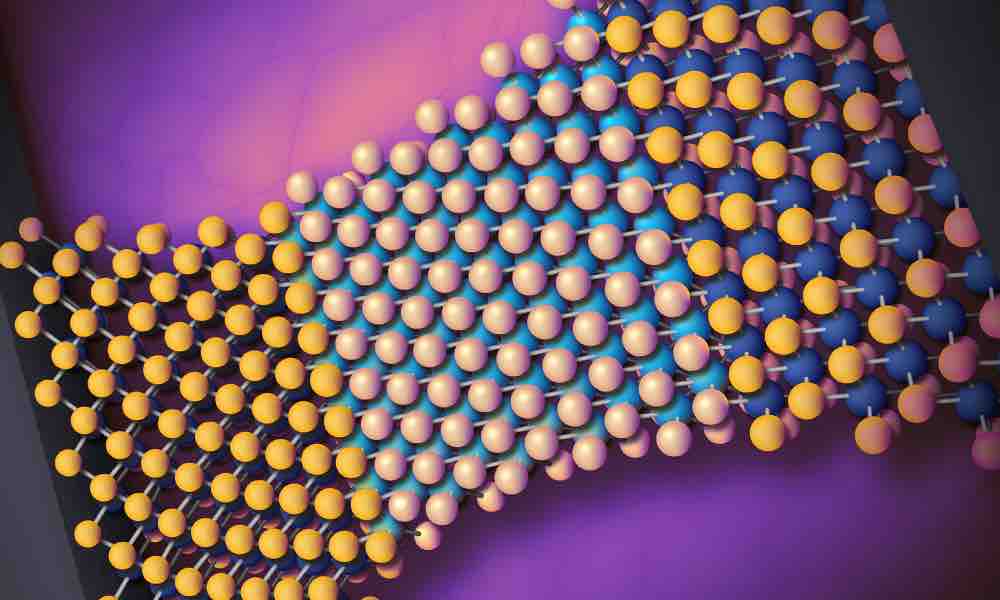
Researchers ‘stretch’ the ability of 2D materials to change technology
Moore’s Law predicts that the number of transistors in an integrated circuit will double every two years. As technology nears the limits of Moore’s Law, Rochester researchers have combined 2D materials with oxide materials in a new way, with new possibilities for computing power.

Researchers develop superconducting quantum refrigerator
Physicist Andrew Jordan and his fellow researchers harnessed superconductivity to conceive of a quantum refrigerator that could cool atoms to nearly absolute zero temperatures.
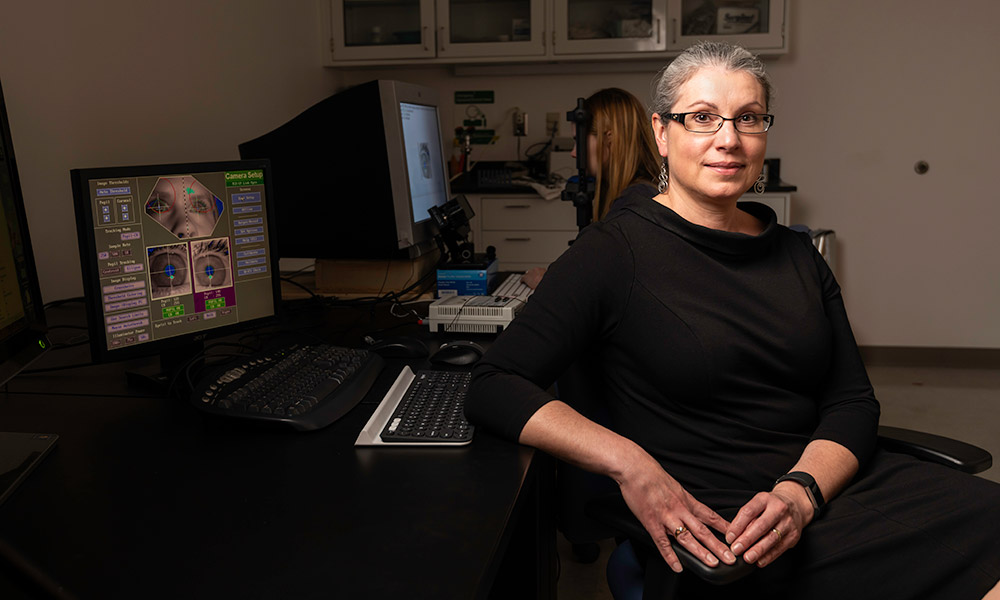
Brain stimulation speeds up visual learning in healthy adults, helps patients re-learn how to see
One particular type of brain stimulation enhances the brain’s ability to process visual information, and may aid in faster vision recovery after a stroke or traumatic brain injury.
